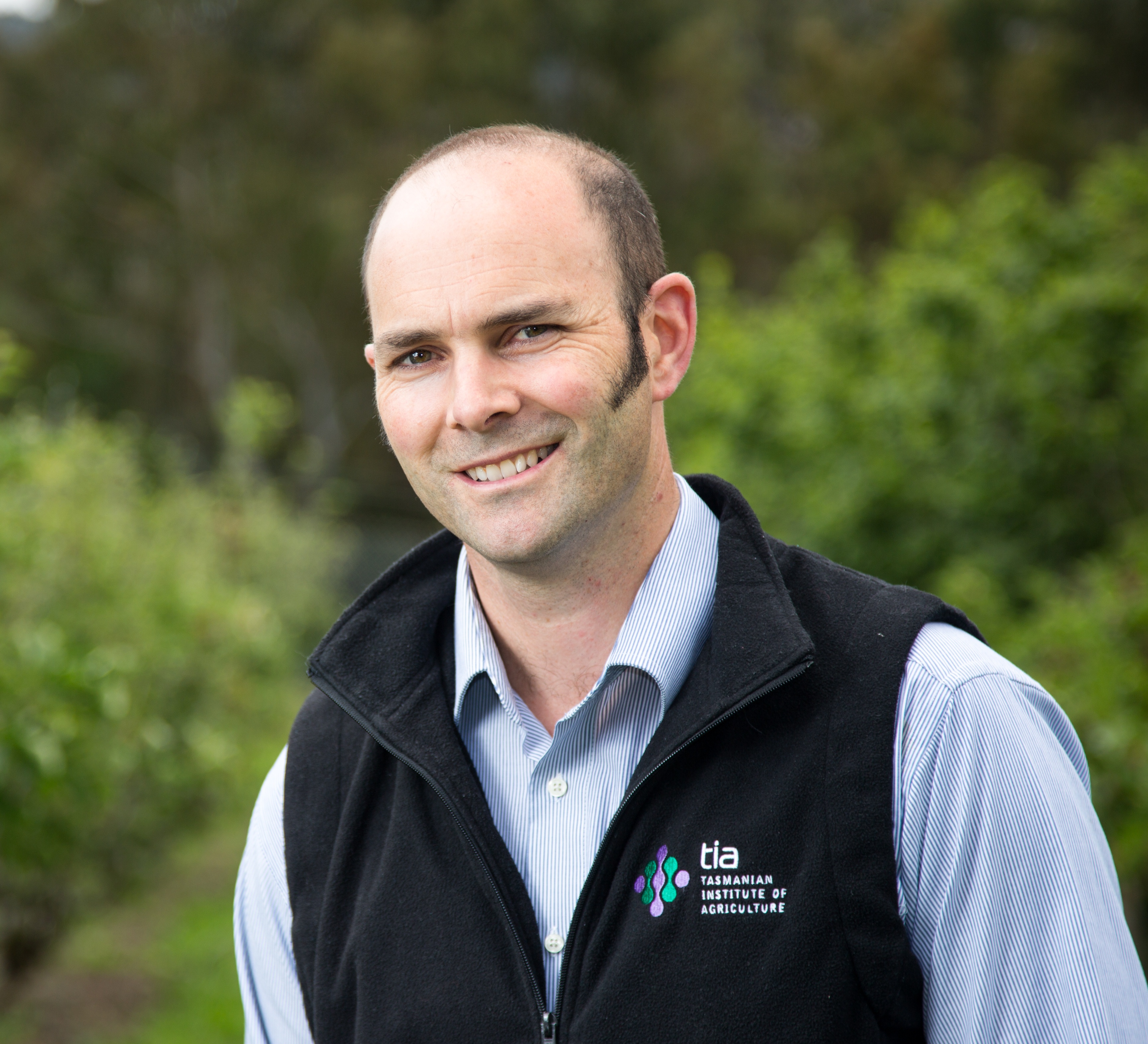The research is being undertaken by the Tasmanian Institute of Agriculture and aims to increase the yield of cannabinoids that have potential for medicinal application.
Martha Jane Medical is an Australian medicinal cannabis company focused on strategies relating to its cultivation, supply, cannabinoid extraction, and research and development of cannabis-based medicines supported by scientific verification for patients in Australia and internationally.
The research project “Understanding and manipulating environmental factors for targeted cannabinoid production” is being led by PhD candidate Dr Enrico Dilena (who received his first PhD from his previous chemistry studies in Italy), and supported by Professor Dugald Close, Associate Head Global at the Tasmanian Institute of Agriculture (TIA).
The project will investigate how quality and quantity of certain cannabinoids are impacted by different horticultural practices.
“Through the research we will track the changes in cannabinoid profiles in response to novel application of plant growth regulators, water and nutrition relations,” Dr Enrico Dilena said.
Based on the outcomes from previous trials, this follow-up trial is designed to increase the yield of cannabinoids based on the application of plant growth regulators (which trigger plant defences) and on the influence of nitrogen.
“Initial trials informed the optimal trial layout, as the previous experiment showed systematic differences in the cannabinoid yield and components in response to proximity to the sun-edge of the glasshouse,” Dr Dilena said.
We are currently investigating how different rates of nitrogen being delivered to the plants affect their overall biomass and cannabinoids production.
“The aims are identifying the right application rates that will generate the highest possible biomass with the highest cannabinoid accumulation at the inflorescences level.”
Nitrogen application typically increases biomass but can reduce the concentrations of cannabinoids, so it is critical to find the ideal balance.
Effect of water stress
Another important treatment in this trial consisted of controlled drought stress. Plants that produce essential oils and other volatiles that naturally grow in semi-arid environments are known to be richer in aromatic oils, Mediterranean plants for example.
“During the last four weeks of the duration of the trial, some plants were deprived of water until signs of dehydration was evident and the leaf angle to the main stem increases more than 50 per cent,” Dr Dilena said.
“At this point, to avoid the complete loss of the plants, water was reintroduced. This process was performed until the end of the trial.
“This intermittent water-stress trial is verifying the ability of our cannabis plants to produce more cannabinoids when under stress as some other aromatic oil plants would do in their native environment.
“If successful, this would provide a new tool for cannabis cultivators to improve their harvest when the final desired product is the cannabis resin.”
TIA has a history of working with various industry partners in plant extraction, and Professor Close was pleased to see this continue through the collaboration with Martha Jane Medical to help further medicinal cannabis research.
“Enrico’s PhD follows on a prior project focused on water availability and cannabis growth and we are keen to continue to build the research program in this intensively-produced extract with great health benefits for some in our community,” Professor Dugald Close said.
As more favourable laws are introduced that allow for several therapeutic applications, we’re excited to be leading this research with the end goal of optimising growing conditions, and applications that result in the production of specific cannabinoids.
“Future projects could involve TIA’s expertise in plant breeding, plant extracts and chemistry know-how, including in collaboration with other relevant University of Tasmania groups such as chemistry.”
Nelson Reynolds, a Managing Director of Martha Jane Medical, welcomed the research as an important step for the commercial viability of the industry to produce specific cannabinoids, terpenes, and other extracts in maximal quantities.
“As Martha Jane Medical expands its cannabis breeding program with TIA, these results will continue to guide the development of medical cannabis strains targeted at specific human diseases and ailments from cannabis genetics that have demonstrated superior efficacy in clinical trials,” Mr Reynolds said.
“This exciting plant and genetics work being performed in conjunction with TIA underpins the fundamentals required for the success of downstream projects with University of Tasmania groups within chemistry and pharmacy, aimed at the ongoing development of novel cannabinoid-based treatments via a drug discovery pathway.”
Source: This article was published in Soilless Australia summer 2022-2023 edition.



